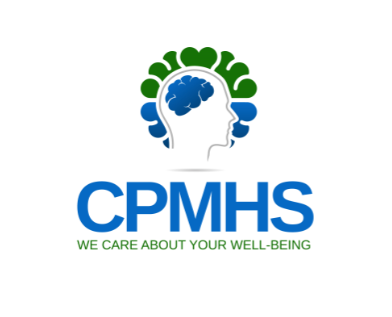Therapy and counseling are essential components of the journey toward healing. However, an equally crucial aspect that is sometimes overlooked is self-care. Integrating self-care practices into mental health therapy and counseling is not just a luxury; it's a necessity. In this blog post, we delve into the significance of self-care in the context of mental health therapy and counseling. Learn more about self care and mental health care, and if you’re looking for therapy and mental health services in Maryland, Washington D.C., and Virginia, contact the team at Covenant Psychiatric and Mental Health Services today.
The Importance of Self-Care in Mental Health Therapy and Counseling
The Importance of Self-Care in Mental Health Therapy and Counseling

Understanding Self-Care
Self-care encompasses a broad spectrum of activities, habits, and practices that prioritize and nurture one's physical, emotional, and mental well-being. It goes beyond occasional indulgences and becomes a deliberate and consistent commitment to maintaining balance in various aspects of life.
Complementing Therapy
Therapy and counseling provide a structured and supportive environment for individuals to explore their thoughts, emotions, and experiences. However, the benefits derived from these sessions can be maximized when coupled with effective self-care strategies. Self-care acts as a bridge between therapy sessions, offering individuals the tools to continue their healing journey outside the therapist's office.

Stress Reduction and Emotional Regulation
Engaging in self-care activities such as mindfulness meditation, deep breathing exercises, or engaging in hobbies helps reduce stress levels and promotes emotional regulation. For individuals managing conditions like anxiety or depression, these practices become invaluable tools for navigating the ebb and flow of emotions. By integrating self-regulation techniques learned in therapy into daily life, individuals gain greater control over their mental well-being.
Preventing Burnout
Therapists and counselors also benefit from emphasizing self-care. The nature of their work involves empathizing with clients and navigating emotionally charged discussions. Without proper self-care practices, burnout becomes a real and significant risk. Therapists who prioritize their well-being can better serve their clients, maintaining the energy and compassion needed to provide effective support.

Enhancing Self-Empowerment
Self-care is a proactive approach to mental health that empowers individuals to take charge of their well-being. When individuals actively engage in practices that promote self-nurturing, they develop a sense of agency and control over their lives. This empowerment is particularly crucial in mental health therapy, where the goal is often to help individuals regain a sense of control over their thoughts, emotions, and behaviors.
Holistic Wellness
Mental health is intricately connected to physical and emotional well-being. Neglecting self-care can disrupt this delicate balance, hindering progress in therapy. Holistic wellness involves recognizing the interconnectedness of these dimensions and addressing them collectively. Exercise, proper nutrition, and adequate sleep are integral components of self-care that contribute not only to physical health but also to improved mental resilience.

Building Resilience
Life is inherently unpredictable, and challenges are inevitable. Self-care acts as a buffer against life's stressors by fostering resilience. Individuals who prioritize self-care are better equipped to navigate setbacks, cope with adversity, and bounce back from challenges. This resilience is a valuable asset in mental health therapy, enabling individuals to face their struggles with increased fortitude.
Tailoring Self-Care to Individual Needs
Just as therapy is personalized to suit individual needs, self-care should be tailored accordingly. What works for one person may not work for another. It's essential for individuals to explore and identify self-care practices that resonate with them personally. This may involve trial and error, but the process itself becomes an empowering aspect of the self-care journey.
Get Mental Health Care in Maryland, Washington D.C., and Virginia
Self-care is not an indulgence; it's a fundamental aspect of maintaining mental health. If you’re in need of mental health care or help with starting a self-care practice of your own, contact Covenant Psychiatric and Mental Health Services today.
